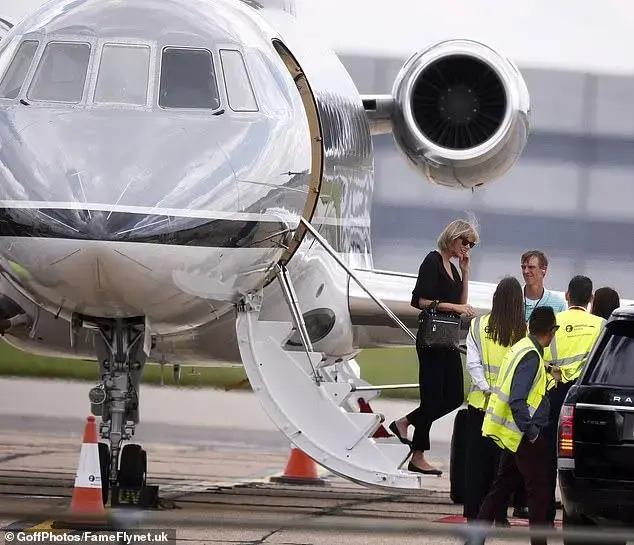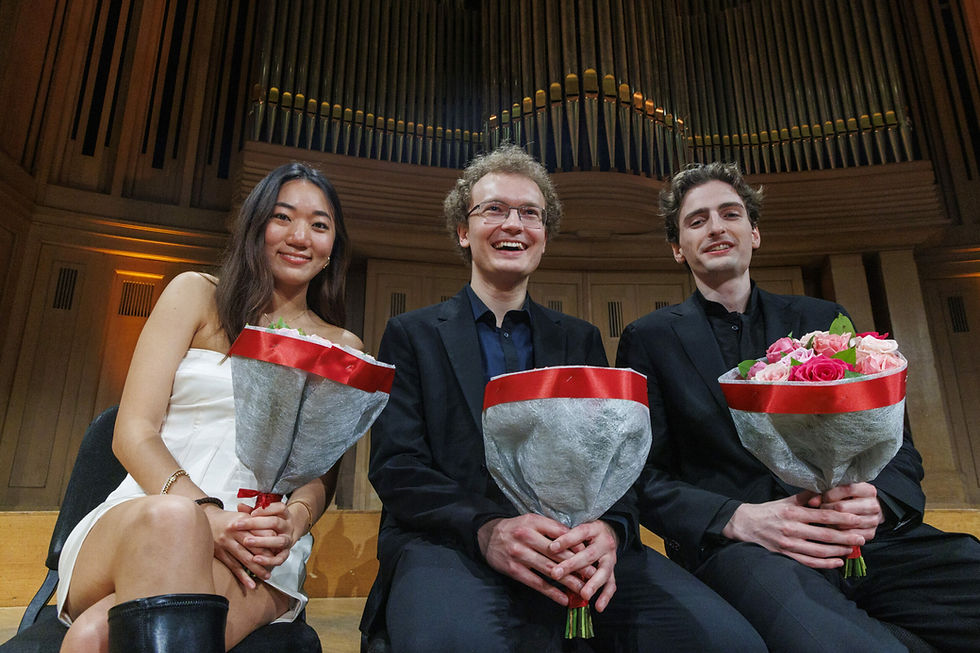Hope is a strategy
- Danger Dirt

- Oct 13, 2021
- 5 min read
Updated: Oct 14, 2021
It was September 2020, and it was my dad’s 56th birthday. I don’t normally speak to my dad, apart from on significant occasions; we have a complicated relationship. I give him a call, and things sound familiarly chaotic in the house when he answers the phone. There never seems to be enough time — or willingness, from both of us — to get to the real talk.
Dad’s latest obsession is renovating the house, but like most people in my family, he’s a musician. Music is usually kind of a taboo subject between us. We have a very different outlook on things, and I just find that I get too depressed after those conversations. But after weeks of lockdown and too much time to reflect, I decided I was going to entertain the idea for once.
As my dad talks about getting his house finished, what he’s really talking about eventually becomes apparent anyway. “Look, I’m not a quick worker, but I’m methodical and I enjoy making things as right as they can be. I’m nowhere near a Japanese artist but that’s what I aspire to be. It’s that precision.”
It’s always so obvious to me every time I talk to him that my dad’s troubled relationship with this profession is still eating away at him. “As musicians, we are itinerant,” he says, “Yes: free-thinking, maybe talented and things like that. But actually we don’t belong anywhere. We don’t fit in. I think COVID has put the life of the musician in perspective.” He pauses, but what comes next is not surprising to me, “Nobody cares about the arts.”
People in my family are not normal. There is a special kind of brilliance to them. And when I say ‘brilliance’, I mean something deeply flawed, multi-faceted, complicated. It’s not an intellectual kind of brilliance either; they are not especially smart, as they are first to admit — and neither am I. The brilliance I mean is more a kind of passion.
It’s hard to say whether the wider impacts of that fervour are positive or negative (many would say negative, just for the record), and I have spent a lot of time in my life making exactly those judgments. I mean, families are complicated, aren’t they? But that’s not what’s important. Not here… not now. Yes, there’s a whole lot that’s wrong with them, but I’ve recently come to a realisation that at the heart of it there might actually be something valuable there. And there might be a lesson in it.
As we talk about the pandemic, my dad turns to my half-sibling, and says, “What do we say in our family? Hope is not a strategy.” The irony of those words, and in the tone of his voice, is palpable. “But,” he continues, “I kind of ‘hope’ that we’re seeing a rekindling of skill sets that people need. They’re only on small scales, and only across very small areas. But whatever sustains you is enough. You don’t need more than that.”
My dad speaks with a kind of theatrical charisma to which almost no one else I’ve ever met even comes close. He is a performer, even when he’s not performing. Although it’s very obvious why my parents’ relationship didn’t work, it’s actually no wonder they got together. Like everyone else in my family, my dad doesn’t choose subtle words. He speaks like an Italian, with exaggerated language.
“I work on my house in the knowledge that it’s going to be gone tomorrow,” he emphasises, “The one thing I try to do though, is that when I work on it, I do the best that I possibly can that day. If it’s a screw going into a wall, it’s going to be the best damn screw that ever went into that wall. And it’s incredibly frustrating for me, and for other people around me. They say, ‘Mate, why do you take so bloody long to do things?’, and I say, ‘Well, because it has to be done the right way’. It’s the way I am with my music, and with everything.”
To be such a perfectionist I think you’ve got to be the most extreme optimist. You have to believe that the result will be worth such painstaking effort. And you also have to believe, despite the odds, in your own capability. Most musicians are like this, because you have to be, if you want to make this your career.
“The tradition in our family is that it’s always been hardship,” my dad says, “It’s never been easy. You have to work for it. And the only joy that comes out of it is the fact that you’ve put in the effort. The effort is the reward. There is no estate or corporate empire for us. And if we look historically, those things are tremendously short-lived anyway. You can accumulate all of this material stuff, but you can take none of it with you. And in the end it’s completely meaningless anyway.”
It’s familiar rhetoric in this family, and to say I’ve often cringed at it is a major understatement if I’m honest. I find myself somewhat at odds with them, and I think sometimes they’re at odds with themselves too. There’s a recent photo of my grandfather (turning 91 this October), protesting against the destruction of Sydney’s sandstone buildings. My grandparents are constantly protesting — if there’s something to complain about on the streets of Sydney, you’ll find them there, making a noise about it.
My relatives have been described strong-minded, opinionated. Even angry, bitter. I can’t deny — and believe me, I’ve tried — that that brand of outspokenness lives within me too. But it’s in constant cognitive dissonance with the instincts of my maternal heritage. My mum is the sunniest person you could meet. Always positive and always cheerful, and always happy to support the idea of a career in music. She lives her life with a very different kind of energy.
But actually... does she?
Fundamentally, both my parents are optimists, and my family is full of perfectionists and idealists. They live transparently, viscerally, in a full and extreme way, and most people find it exhausting to be around (including me). Music is the one thing that connects them all, and I don’t think that’s a coincidence.
If there’s anyone who knows your family as well as you do, or at least not far from it — it’s an ex-partner. I asked him to describe in one word what they all have in common. “Hope,” he said straight away. “As soon as you said the words ‘what they all have in common’, it was instant.”
The blood of both sides runs thick in my veins, and I often feel them fighting each other. But sometimes the two are so alike that briefly, every now and then, they synchronise. I’d always found it impossible to understand the reason for that, but at this point in my life, it actually makes complete sense to me now.
This rather egocentric piece of writing came about one particularly grim lockdown day, when the apocalypse seemed to be upon us. The point of it, I think, was to understand and accept my heritage, because that is part of how I justify my existence as an artist. After all this reflection, I could even dare to say that I am proud. There’s a good deal in them that’s noble. There’s a fighting spirit in there, and that’s the lesson I was after.
I’ll take that lesson with me whenever I practise, because during this dark time for the arts, I’m struck by this word. Hope. I don’t believe your words, Dad, and I don’t think you do either. Hope is a strategy. It is a strategy that enables us to continue on, despite the odds. And, in fact, it is the only strategy.




Comments